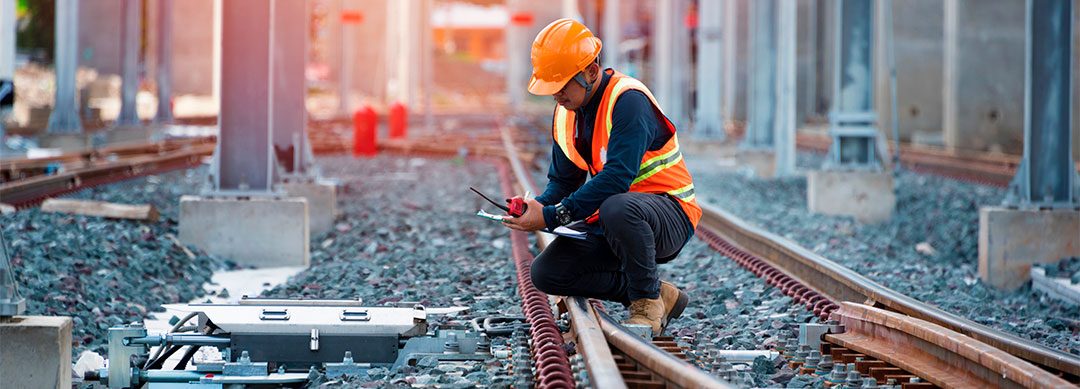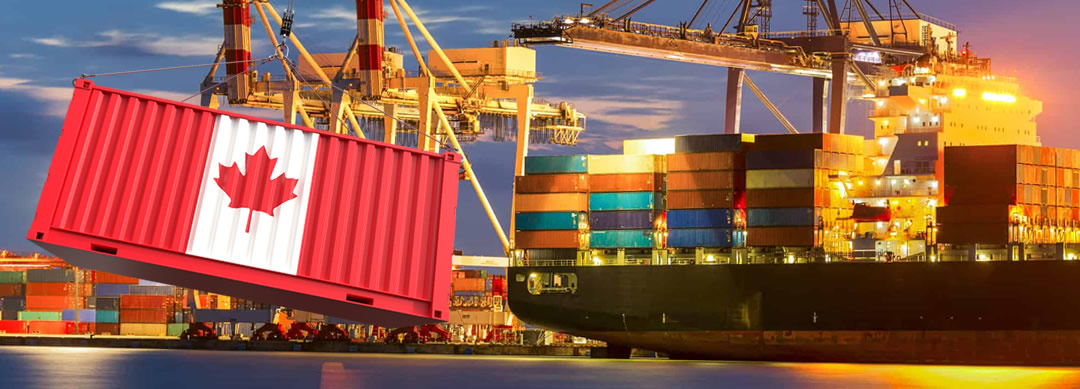New projects in Brazil bring important attractions for Canadian investors
By Sérgio Siscaro
Transportation, basic sanitation, energy, mining, telecommunications and oil and gas exploration. These are some of the sectors of Brazilian infrastructure that should see an increase in investments in the upcoming years, as a result of both privatizations and concessions made by the government and the interest of international investors in these areas.
In this scenario, Canada’s participation can be decisive – not only through the allocation of capital, but also through the introduction of technological solutions that enable Brazil to overcome its infrastructure bottlenecks. “To face a new protectionist global trend in local sourcing and maintain its dominant position in the commodity export market, the country needs to immediately reduce its infrastructure and logistics bottlenecks with an aggressive program of investments, incentives and legal security for the sector”, evaluates the vice president of the Chamber of Commerce Brazil-Canada (CCBC), Bayard Lucas de Lima.
The topic was addressed on the panel “Investment Opportunities in the Brazilian Infrastructure Sector”, an online event held on September 10th,which closed the program of the second edition of the Brazilian Week CCBC Online Festival – CCBC’s initiative that brought a series of presentations on the potential of the country for the development of new businesses.
Successful relationship
At the opening of the event, the ambassador of Brazil in Canada, Pedro Henrique Lopes Bório, highlighted the bilateral cooperation, which has more than a century of history. “This is a long success story, particularly in the business field. And infrastructure is the area in which we can have major developments in the relationship between Brazil and Canada – not only through the positive impact of Canadian companies’ participation in the privatization of public service operators in Brazil, but also through the participation of investment funds and other players.”
On the occasion, the ambassador also highlighted the contribution that Canadian technology can have in Brazil in sectors such as renewable energy sources, biomedicine, artificial intelligence, and others, aimed at what he called “the agenda of the future”. “We are very confident that economic ties between the two countries will continue to bloom,” he concluded.
Next, the director of Planning and Economics at the Brazilian Association of Infrastructure and Basic Industries (Abdib), Igor Rocha, explained the current challenge Brazil is facing in attracting more investments to the infrastructure sector. According to him, the country still dedicates a very small slice of its Gross Domestic Product (PIB) to these projects – unlike countries like China, Vietnam, and South Africa. “We still have large gaps in Brazil – and the role of the public sector is very important, as it attracts different sources of investment”, he continued, listing the transport and logistics sector as the one that currently requires the most resources.
The federal government’s strategy was presented by the Deputy Special Secretary of the Secretariat for Investments Partnerships Program (PPI), Bruno Westin Prado Soares Leal. According to him, the program acts as a hub for investments, contributing to its efficiency. Between January 2019 and September 2021, the PPI would have carried out 112 projects and/or auctions, which are expected to attract investments in the order of US$ 190 billion, and concessions of US$ 25 billion. Currently, the initiative would have 197 projects in its portfolio, covering areas such as ports, airports, defense, oil and gas, highways, energy, mining, among others.
Next, two lawyers from the Brazilian law firm, Trench Rossi Watanabe, Silvia Bernardino and Bruno Duarte, addressed the Brazilian characteristics in infrastructure investment processes – pointing to the country’s high degree of bureaucracy and the need for interested parties to closely monitor the consultation process in order to present proposals more aligned with the projects.
Finally, the directors Bernardo Ortiz and Muddassar Cheema, from the company IBI Group – specialized in smart cities and construction of sustainable and efficient buildings, based in Canada – spoke about their experience in the Brazilian market, opportunities open to Canadian companies, especially in the technology and innovation sector. “But it is necessary to have a long-term strategy when going to Brazil, as well as to understand how Brazilians’ work”, pointed out Cheema.
The multiple faces of Brazil
On September 7th and 9th, the Brazilian Week showcased a series of panels focused on the Brazilian opportunities to Canadian organizations in a wide range of sectors and activities. “Bringing Brazil and Canada closer has always been our main concern,” stated the Director of Institutional Relations at the Chamber, Paulo de Castro Reis.
The panels of the first day focused on the opportunities offered by the Brazilian food and beverage sector. Canadian importers, distributors and retailers operating in this segment participated in a presentation on Brazilian cocoa and chocolate, organized in partnership with the Brazilian Association of the Chocolate, Peanut and Candy Industry (Abicab). The sector was chosen due its great potential for business growth from Brazil to Canada: according to trade balance data, product categories that include chocolate have stood out year after year, recording increases of 46% (from 2017 to 2018 ), 72.9% (from 2018 to 2019) and impressive 145.7% (from 2019 to 2020).
Another sector that also offers great opportunities is healthcare. An overview of these opportunities was shoecased to Canadian companies operating in this area, as well as development agencies, governments and hospitals. On the same day, the Brazilian Week program included a presentation in French destinated to companies from the province of Quebec. The panel presented relevant information about the process of opening a business in Brazil, how to internationalize the company’s activities and entering the Brazilian market -besides demystifying the country’s tax system. The initiative should be expanded through virtual road shows in other provinces in Canada.





